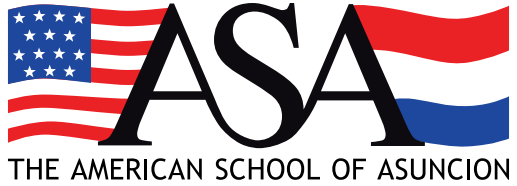
World Language
The teaching of languages promotes the development- among students -of the basic skills of oral and written comprehension and expression, in order to be able to communicate in the daily context, and in a functional way. The principles of the communicative and textual approach, that favors the enrichment of cultural experiences that allow it to participate as a social agent, will be applied.
Therefore, through the content of the different language instruction, the student will have the opportunity to develop comprehensive learning, taking into account the different types of objectives: conceptual (the acquisition of relevant vocabulary for the discipline and the application of knowledge phonological, lexical and morphosyntactic in both oral and written expression), procedural (adequate use of textual comprehension skills and interpretation and evaluation of texts), and attitudinal (demonstration of the ability to understand and express ideas and feelings, both in oral communications as written).
World Language Program
The main goal of the world languages program is to attract students’ attention to the language and the culture. The aims of the language class include encouraging and enabling students to develop the skills involved in listening, speaking, reading, and writing in a basic daily context. Using real materials such as videos, pictures, concrete objects, and texts will help students to enter the language learning environment with ease. Using role-playing to simulate real situations increases students' comfort in speaking and hearing the target language. Being aware of the difference of cultures is fundamental to develop in language class as well. By developing these skills, the students are confident in using a new language to enjoy communicating with native speakers of the language.
